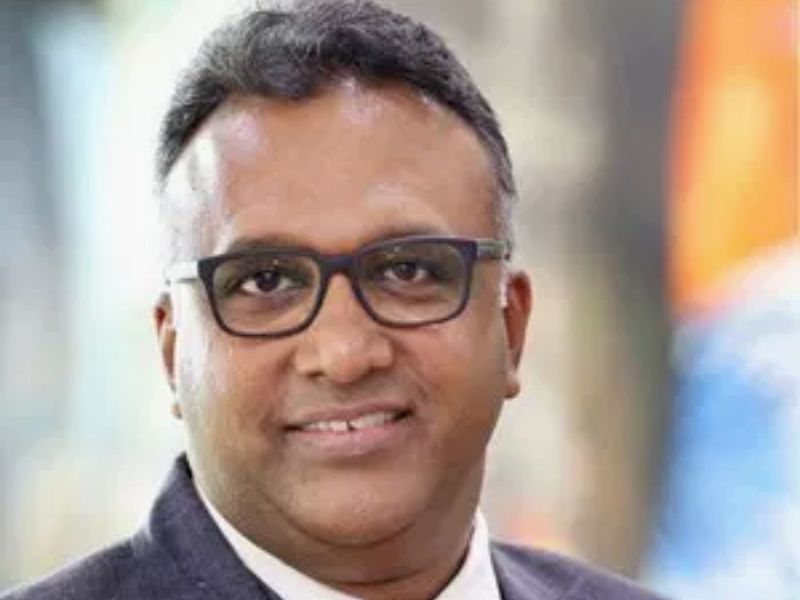JGU Vice Chancellor, Professor (Dr.) C. Raj Kumar, will be speaking in three separate sessions at this year’s World Economic Forum (WEF) in Davos, Switzerland from 21-24 January 2020.
As part of the Caspian Week – WEF sessions, Professor Kumar will speak in two panels. The first-panel discussion is on the theme, ‘Education & Leadership for Sustainable World’ will focus on educational leadership, sustainability, inclusive development, institutional cultural change, and pedagogies of sustainability. Key questions will include: “What is the role of educational leadership in enabling a new consciousness and intellectual orientation for a sustainable world?” and “How could educational leaders create cultural change that fosters sustainable practices?”.
The second-panel discussion is on the theme, ‘The Role of Global Universities in Promoting Sustainable Futures’, where key points of discussion will include, “What are the challenges relating to sustainable futures that universities are confronted today?, What specific role can global universities play in advancing the cause of sustainable development? and What ought to be the focus of universities as they assume a leadership role in educating the youth of the world and preparing them for the future?”
In addition to participating in Caspian Week – WEF panel discussions, Professor Kumar has also been invited to speak at the Times Higher Education (THE) Exclusive Davos Breakfast Debate on “What is the power of place?” to be held on January 22 2020 at the ETH Zurich Pavilion in Davos.
Professor Kumar is the only Vice-Chancellor from India to be invited to speak at Davos, and JGU is the only university from India to be included in this global round table. It is truly remarkable that only 11 global university vice-chancellors/ presidents have been invited to be part of this WEF – Davos round table that includes:
1. Australian National University, Australia
2. McGill University, Canada
3. Imperial College London, UK
4. University of Waterloo, Canada
5. University of Zurich, Switzerland
6. O.P. Jindal Global University, India
7. ETH Zurich University, Switzerland
8. Ecole Polytechnique Fédérale de Lausanne (EPFL), Switzerland
9. Hong Kong University of Science and Technology, Hong Kong
10. University of Sydney, Australia
11. National University of Singapore, Singapore
The debate is aimed at interrogating the point of ‘place’ for universities in a hyper-connected, globalising world. The panel will examine where global universities are from, and where they are going, and question the role of governments and industry in potentially re-balancing the world’s educational resources to where they are needed most.
At Davos, JGU will also be signing a Memorandum of Understanding with the University of Zurich (UZH), Switzerland for mutual cooperation in higher education and research. The University of Zurich is the largest and one of the oldest Universities in Switzerland with distinguished presence and excellence in teaching and research. Founded in 1833, the University of Zurich is currently amongst the top 100 Universities in the world as per the Times Higher Education (THE) and QS World University Rankings.
